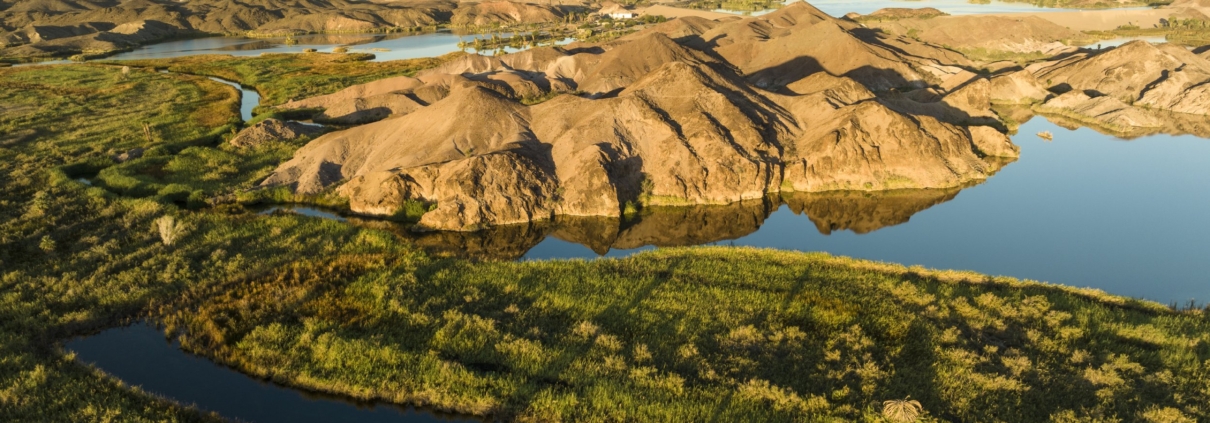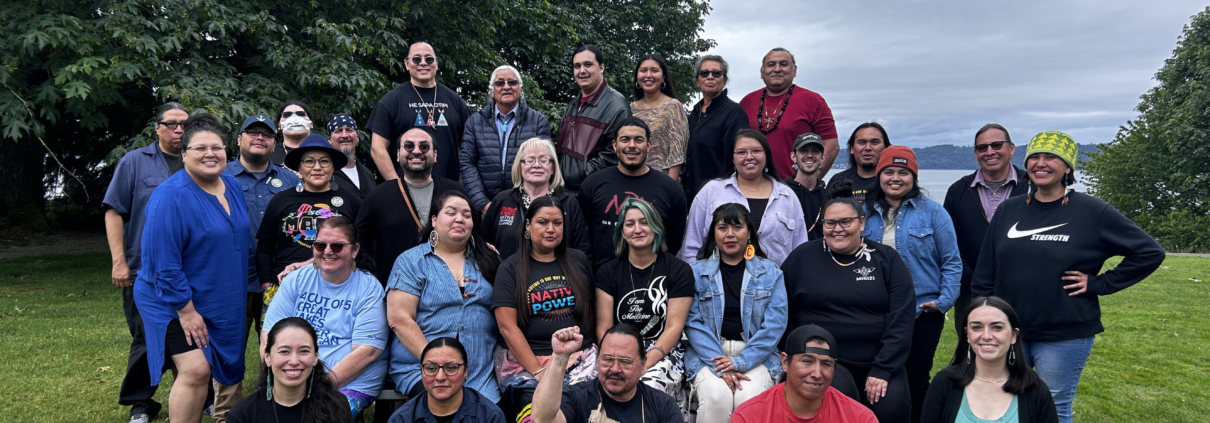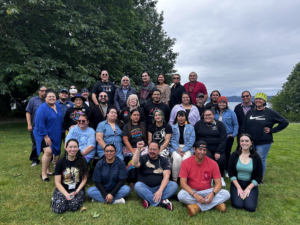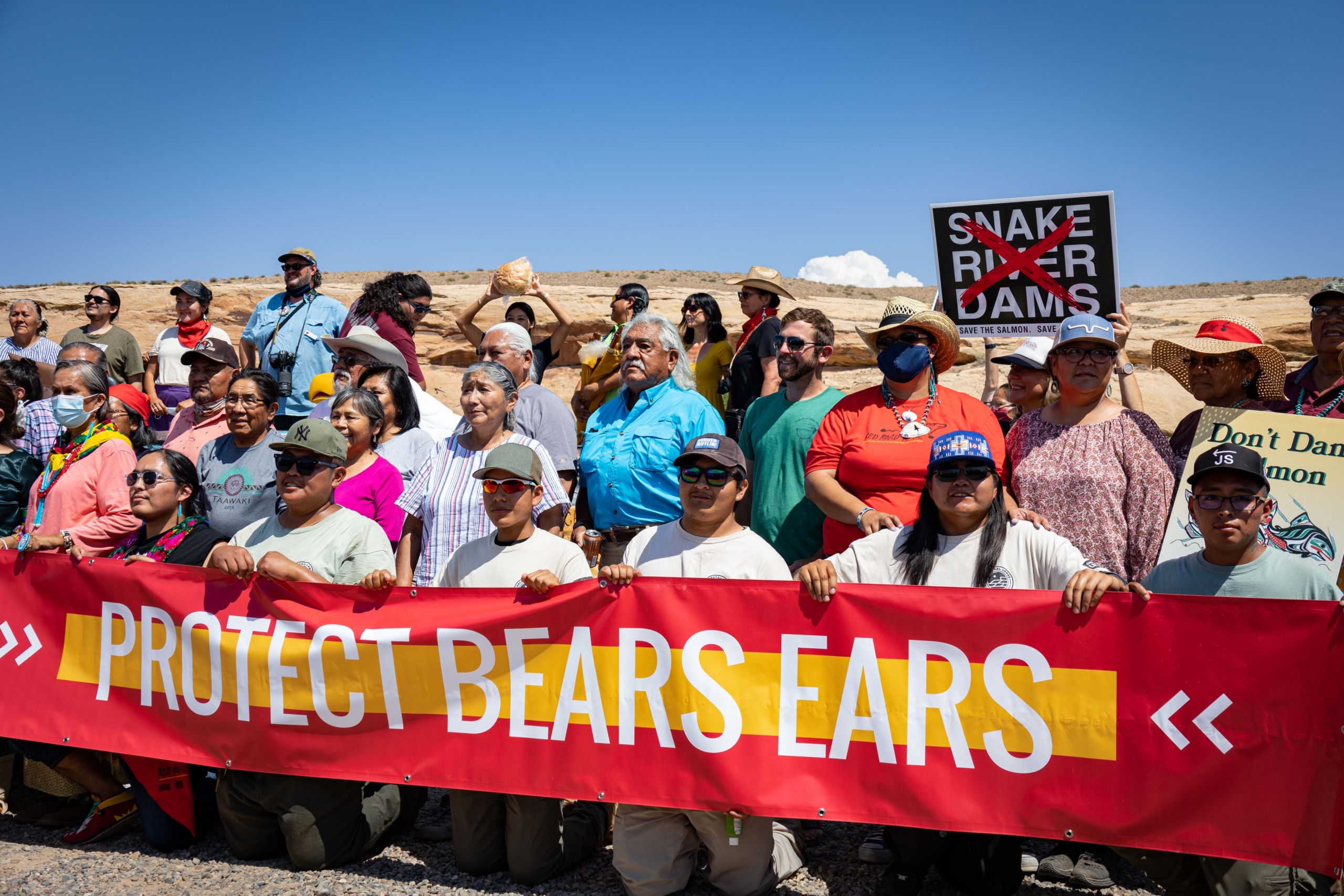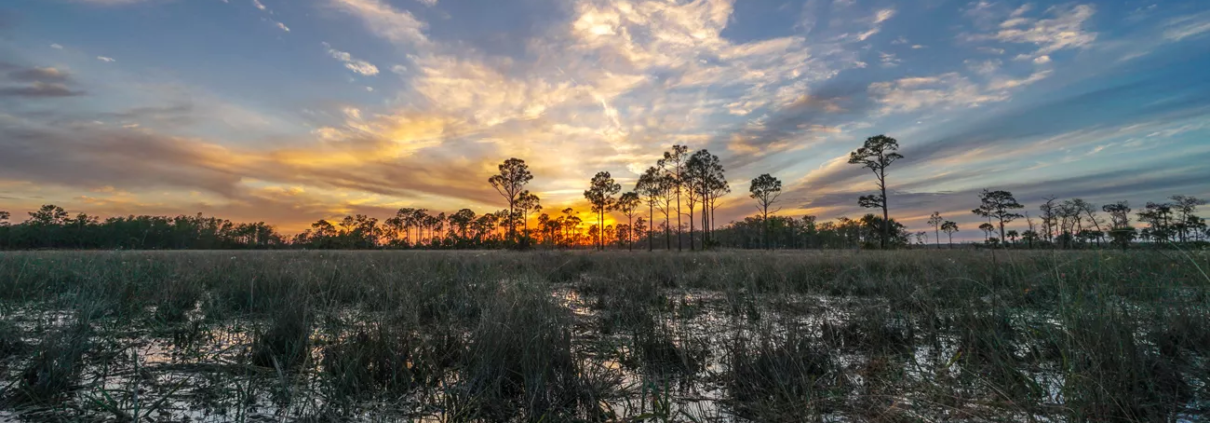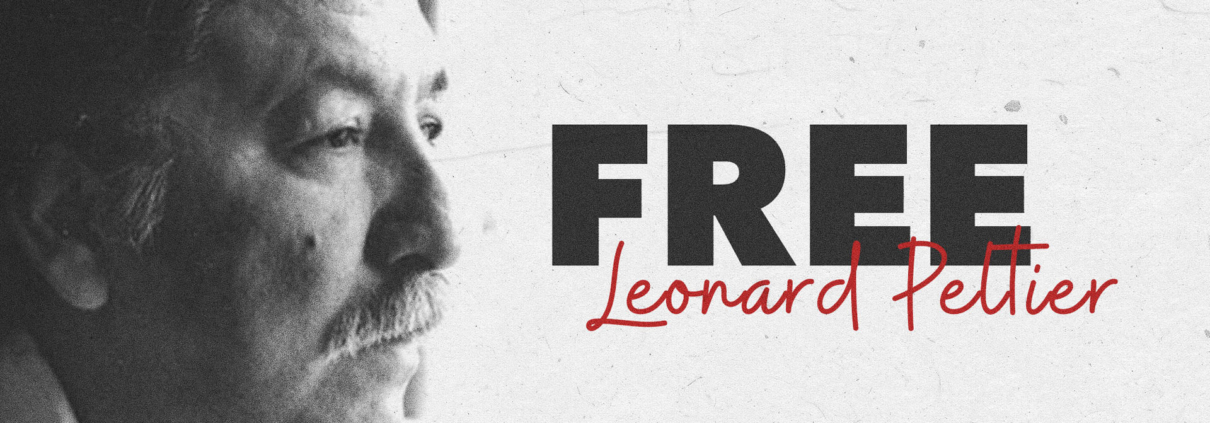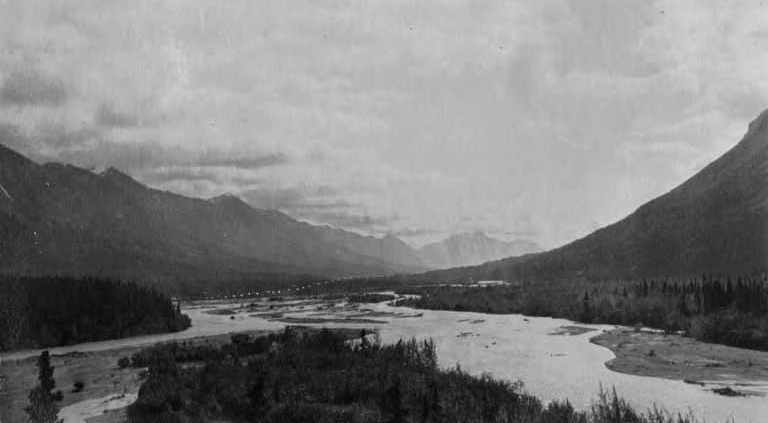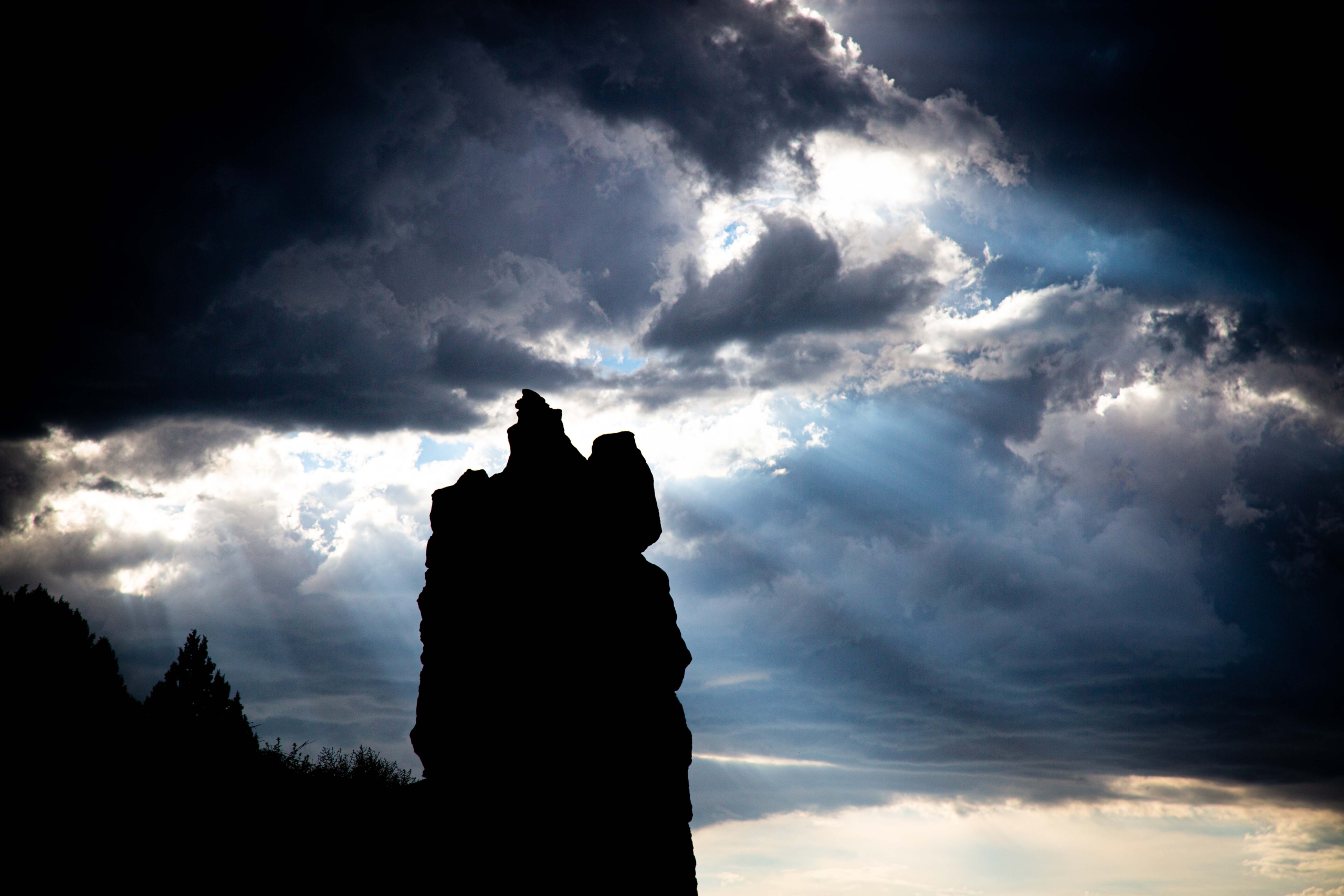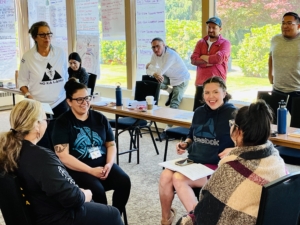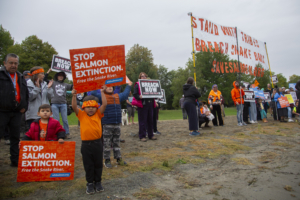President Biden: Preserve sacred land, designate the Kw’tsán National Monument now
Advocating for setting aside more than 390,000 acres currently managed by the Bureau of Land Management (BLM), the Fort Yuma Quechan Tribe hopes to create legal protections that, along with responsible federal stewardship practices, will preserve the land and wildlife forever.
As original stewards of these sacred landscapes, the Tribe’s “culture is rooted in the air and the soil,” explains Donald Medart Jr., Quechan Tribal Councilman. He says: “These are the places we will continue to take our children and grandchildren to learn about who we are as a people — these are places that do not recognize boundaries on a map and are connected by history and our stories.”
Climate change has led to extreme drought, and the unsustainable extraction of water from the Colorado River has combined to upend and destabilize the ecosystem. Meanwhile, the land is threatened every day by mining exploration, stolen natural resources, and harmful development.
The water flowing through the Haquita, also known as the Colorado River, is crucial for the health of the region’s complex overlapping ecosystems, which the Fort Yuma Quechan Indian Tribe has managed sustainably for generations. Indigenous traditions can rectify the federal government’s past land and water management practices that have harmed these sacred landscapes.
The proposed Kw’tsán National Monument connects Spirit Mountain, Palo Verde Peak, the proposed Chuckwalla National Monument, and Buzzards Peak, incorporating the Indian Pass Area of Critical Environmental Concern (ACEC). The Bureau of Land Management has already identified these areas as “public land that requires special management to protect important resources or unique landscapes, or to protect people and property from hazards.”
The value of caring for ancestral homelands runs deep in Quechan culture and philosophy. As they explain, “Our ancestors gifted us the role as caretakers of Mother Earth, and the responsibility to protect all living beings of the natural world.”
The mountains in the region include Avikwalal (Pilot Knob), Avi Kwa Ame (Spirit Mountain) and Avi Kwa Suen (Cargo Muchachos). Among the area’s sacred artifacts and cultural history are the Singer Geoglyphs, ancient symbols etched directly into the ground.
When the land is properly managed, many endangered species thrive in this region. From roadrunners, tortoises, and quail to jackrabbits, foxes, snakes, and coyotes, Native peoples share this space with many non-human relatives.
The diversity of flowers and plants is another living example of a thriving community that must be treated with respect. From the agave, saguaro, and mesquite to milkweed, sunflower, Devil’s Claw, and Foxtail Cactus, as the Fort Yuma Quechan Indian Tribe says, “We are connected to the air, land, plants, insects, and four-leggeds that share our home.”
All public lands are on Indigenous homelands. As the original stewards and guardians of their homelands, the Quechan People have been asking the Biden administration to act to ensure they can continue protecting their rich heritage.
It’s time for President Biden to use the authority granted by the Antiquities Act to designate Kw’tsán National Monument.

